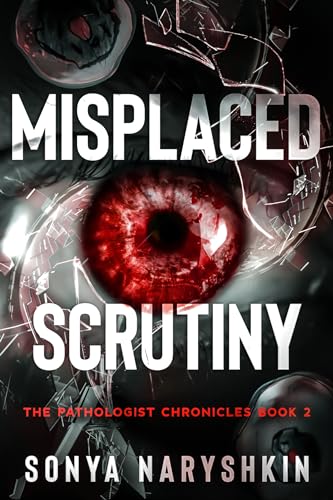This is a down-to-earth, 'how to do it' textbook on the making of dictionaries. Written by professional lexicographers with over seventy years' experience between them, the book presents a step-by-step course for the training of lexicographers in all settings, including publishing houses, colleges, and universities world-wide, and for the teaching of lexicography as an academic discipline. It takes readers through the processes of designing, collecting, and annotating a corpus of texts; shows how to analyse the data in order to extract the relevant information; and demonstrates how these findings are drawn together in the semantic, grammatical, and pedagogic components that make up an entry. The authors explain the relevance and application of recent linguistic theories, such as prototype theory and frame semantics, and describe the role of software in the manipulation of data and the compilation of entries. They provide practical exercises at every stage. The Oxford Guide to Practical Lexicography draws on materials developed by the authors over more than twenty years of teaching courses for publishing houses and universities in the US, Japan, Hong Kong and China, South Africa, Australia, the UK, and Europe. It will be welcomed everywhere by lexicographers, teachers of lexicography, and their students. It is also fascinating reading for all those interested in discovering how dictionaries are made.


